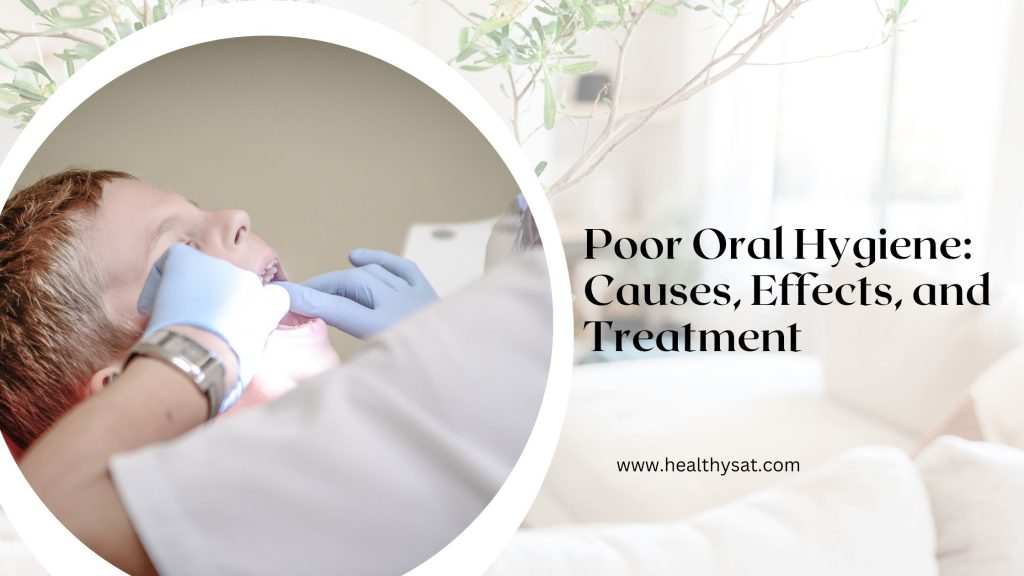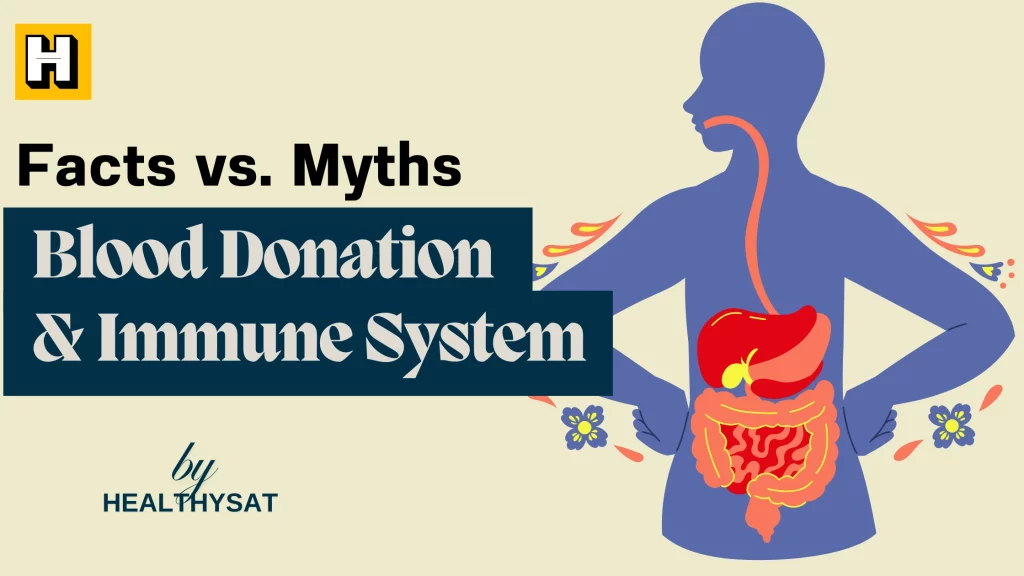Maintaining good oral hygiene is essential for overall health and well-being. Poor oral hygiene can lead to various dental and medical issues, such as cavities, gum disease, and even heart disease. Despite the importance of oral health, many people neglect their oral hygiene, leading to severe consequences.
This article will explore the causes, effects, and treatment of poor oral hygiene and provide practical tips for maintaining good oral health.
Causes of Poor Oral Hygiene
Poor oral hygiene can be caused by a range of factors, including:
- Lack of Brushing and Flossing: Brushing and flossing are the most critical components of oral hygiene. Failure to brush and Floss regularly can lead to a buildup of plaque and bacteria, which can cause cavities and gum disease.
- Unhealthy Diet: A diet high in sugar and carbohydrates can also contribute to poor oral hygiene. These foods can stick to teeth and create an environment where bacteria thrive, leading to tooth decay and gum disease.
- Smoking and Tobacco Use: Smoking and using tobacco products can stain teeth, cause bad breath, and increase the risk of gum disease and oral cancer.
- Medications: Certain medications can cause dry mouth, leading to tooth decay and gum disease. Additionally, some medicines can cause gum inflammation, contributing to poor oral health.
Effects of poor oral hygiene
Poor oral hygiene can have several adverse effects on oral and overall health. Some of these effects include:
- Cavities: Cavities are among the most common consequences of poor oral hygiene. When plaque and bacteria build up on teeth, they can erode the enamel and cause cavities.
- Gum Disease: Gum disease, or periodontitis, is a severe condition that can cause tooth loss and damage the gums and bones that support teeth. Gum disease is caused by a buildup of plaque and bacteria on the teeth and gums.
- Lousy Breath: Poor oral hygiene can cause bad breath, also known as halitosis. Bad breath is caused by the buildup of bacteria in the mouth, which can produce foul-smelling gases.
- Heart Disease: Recent studies have linked poor oral hygiene to an increased risk of heart disease. Researchers believe that the bacteria that cause gum disease can enter the bloodstream and contribute to plaque formation in the arteries.
Treatment for Poor Oral Hygiene
The good news is that poor oral hygiene is preventable and treatable. Here are some tips to improve your oral health:
- Brush and Floss Regularly: Brush your teeth at least twice a day and floss at least once a day to remove plaque and bacteria from your teeth and gums.
- Use mouthwash. Mouthwash can help kill bacteria and freshen your breath. Look for a mouthwash that contains fluoride to help protect your teeth from decay.
- Eat a Healthy Diet: Limit your intake of sugar and carbohydrates and eat a diet rich in fruits, vegetables, and lean proteins.
- Quit Smoking: If you smoke or use tobacco products, quitting can improve your oral health and reduce your risk of gum disease and oral cancer.
- Visit your dentist often. Regular checkups and cleanings can help stop and treat problems with your teeth before they get worse.
Conclusion
In conclusion, not caring for your teeth and gums can hurt your dental and overall health. Maintaining good oral hygiene is essential for preventing dental problems and systemic diseases. Regular brushing and flossing, a healthy diet, regular dental checkups, and tobacco cessation are some of the preventive measures for poor oral hygiene. We can improve our overall health and well-being by taking proper care of our teeth and gums.
FAQs
Yes, poor oral hygiene can cause systemic diseases such as heart disease
It is recommended to brush your teeth at least twice a day
No, mouthwash should not be used as a substitute for brushing and flossing
Yes, a healthy diet can help maintain good oral hygiene.
Visiting the dentist at least twice a year is recommended for regular checkups and cleanings.







